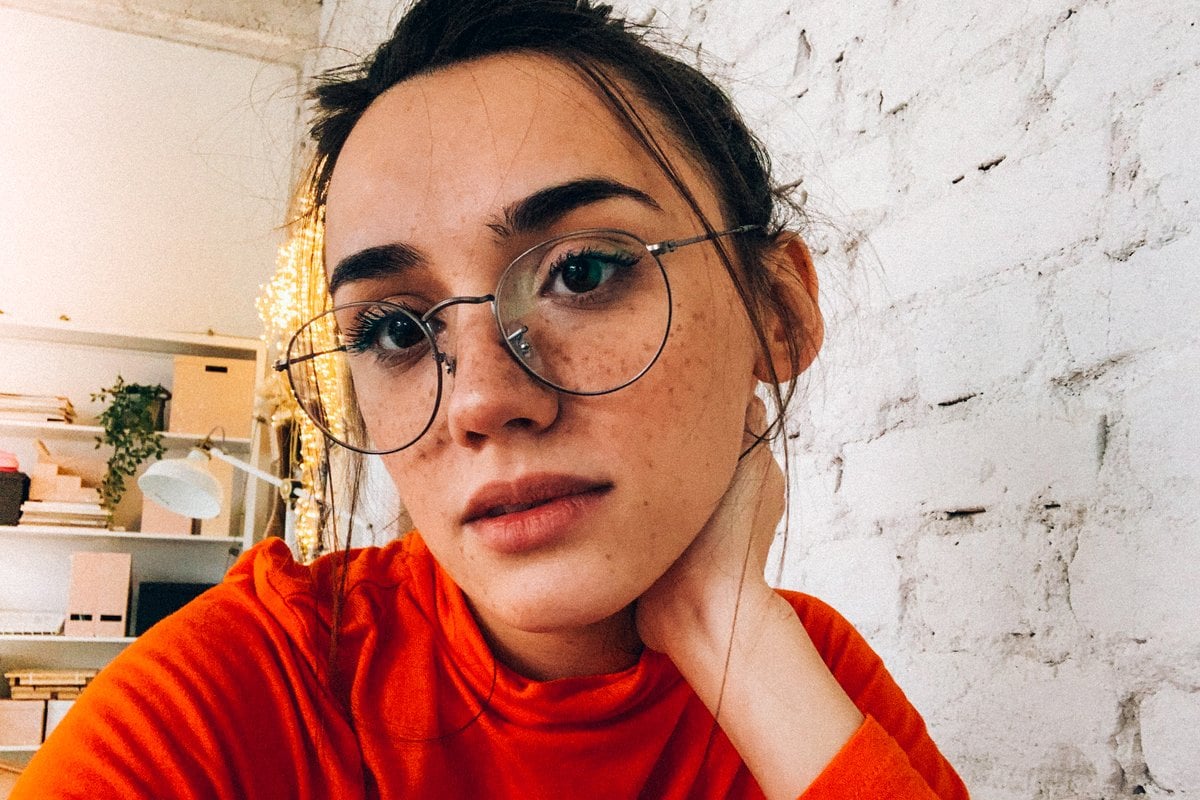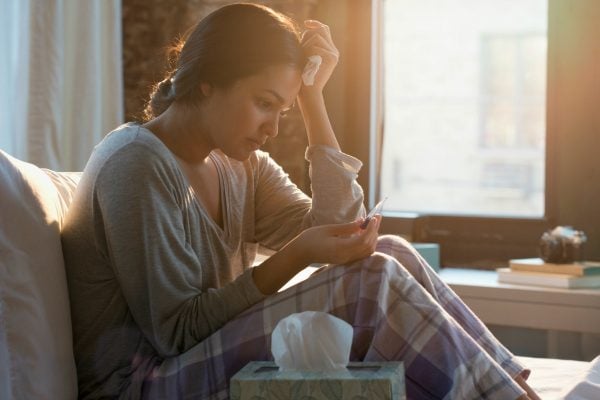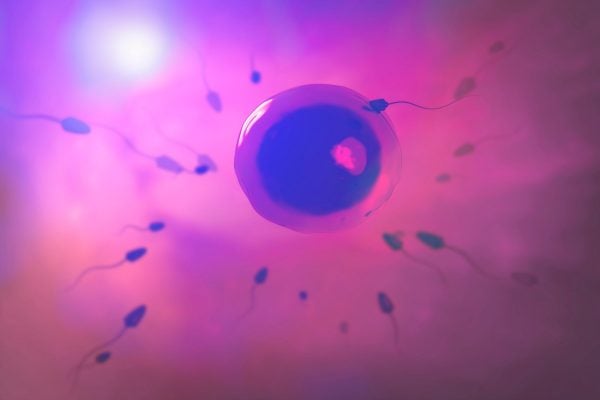
I remember the exact moment I knew I wanted children.
After years of not feeling particularly fussed about the prospect of having a family of my own, it was like something inside of me had switched on.
Suddenly, my eyes were drawn to every baby I saw.
Watch the trailer for Mamamia’s podcast, Get Me Pregnant, where hosts Rachel Corbett and Leigh Campbell talk all things pregnancy and fertility. Post continues below.
But after a few months of becoming, quite frankly, obsessed with babies, the fear set in.
Although I’m still quite a few years away from even thinking about having a child of my own, the 'baby panic' (a term coined by New York Magazine in 2002) has well and truly begun.
What if I struggle to fall pregnant? What if my time runs out? How do I know if I can have kids... even if I’m not ready for kids?
From my teenage years to my mid-twenties, it’s been constantly drilled into my head that I need to get pregnant before it’s "too late."































































































